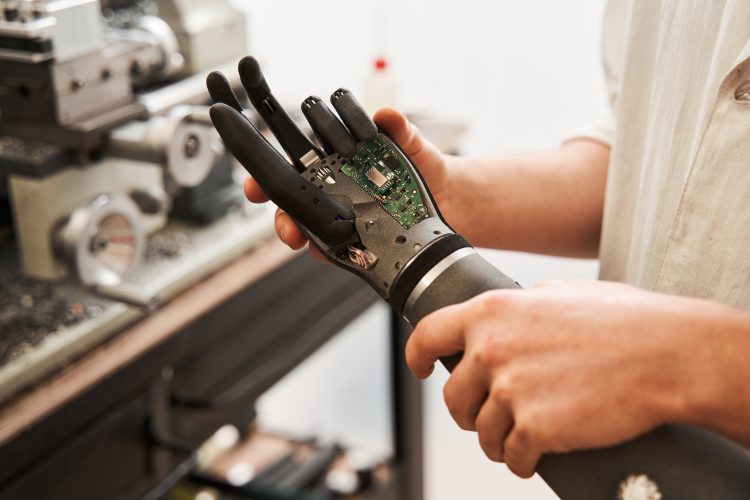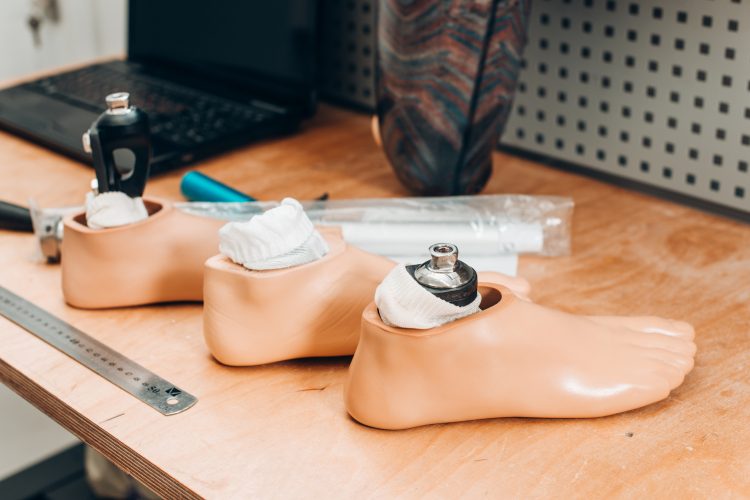- Home
- |
- About us
- |
- News and Events
- |
- Resources
- |
- Contact
- |
- Donate today
- Shop
Speaking to another amputee can make a real difference to your recovery and ease your concerns. We call this type of assistance Peer Support.
Following surgery, you will need time to recover. It is also a time to set goals about your journey ahead. Here, we help to guide you through the process to navigate your pathways forward.
Effectively managing your short and long term health will lead to better outcomes and prevent future problems.
Getting the right kind of prosthesis to suit your lifestyle needs and daily level of activity is important.
People are often concerned about the costs involved in getting a prosthesis. In Australia, there are a number of different funding schemes and it can be easy to get confused and to know what you are eligible for.
During the course of your treatment, funding for your prosthesis should be discussed with you. As the majority of amputations are due to contributing medical conditions such as diabetes, vascular disease or cancer; your prosthesis will generally be funded through the public health system, the National Disability Insurance Scheme (NDIS).

Generally speaking, the following categories apply to prosthetic funding.
Private Health Insurance rarely allocates funding for prosthetics, however it is worth checking with your insurer as they may cover partial costs.
Because there are different types of funding, the prosthesis, and other rehabilitation services you receive may depend on the cause of your amputation. Like many public health services, funding can be limited.
If you are funded by the public health system, you can make personal financial contributions toward your prosthesis if you want particular componentry that public funding does not cover.
If you are eligible for ongoing prosthetic funding, all future prosthetic services ranging from:
There is a set requirement for how often your prosthesis and socket can be replaced. There are limitations on repairs and maintenance and limitations on manufacturers’ guidelines and expected periods of use for a component. However, if the prosthesis or socket needs changing before the usual time period, then your prosthetist provider may refer you back to your amputee clinic for further assessment.

Ask your prosthetist to arrange for a trial of a prosthetic component to determine if it is the right one for you.
It is important to remember that you can trial most prosthetic devices before selecting the device that best meets your needs. Most prosthetic componentry companies will allow you to have a foot, knee unit or hand/arm on loan for approximately two weeks to try, before you make the final decision about which device is best for you. Trialling a component will give you the chance to see what works, what doesn't work, and if there are benefits that you were not aware of. A different foot, knee or arm unit could give provide you with better outcomes including:
You should request trials of prosthetic devices prior to making your final decision.
Keep up to date with our latest news, events and information
